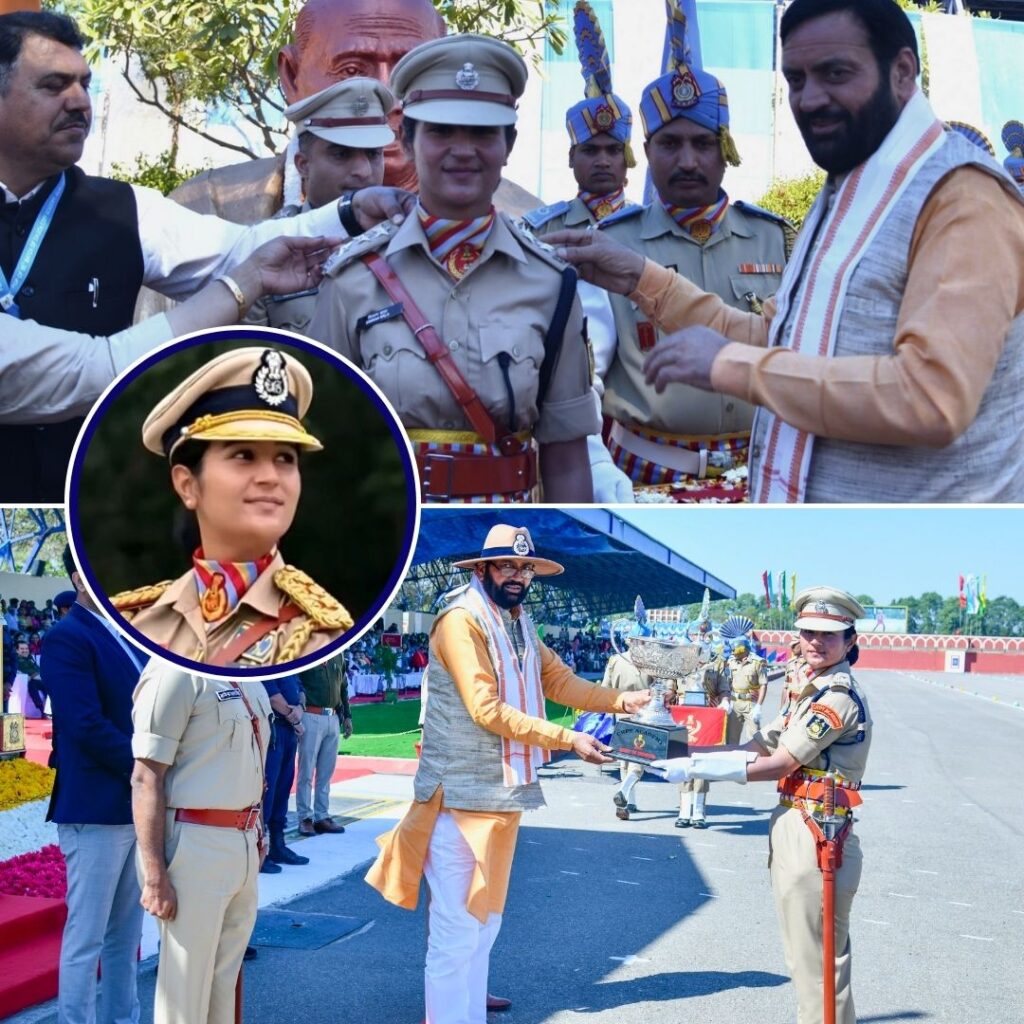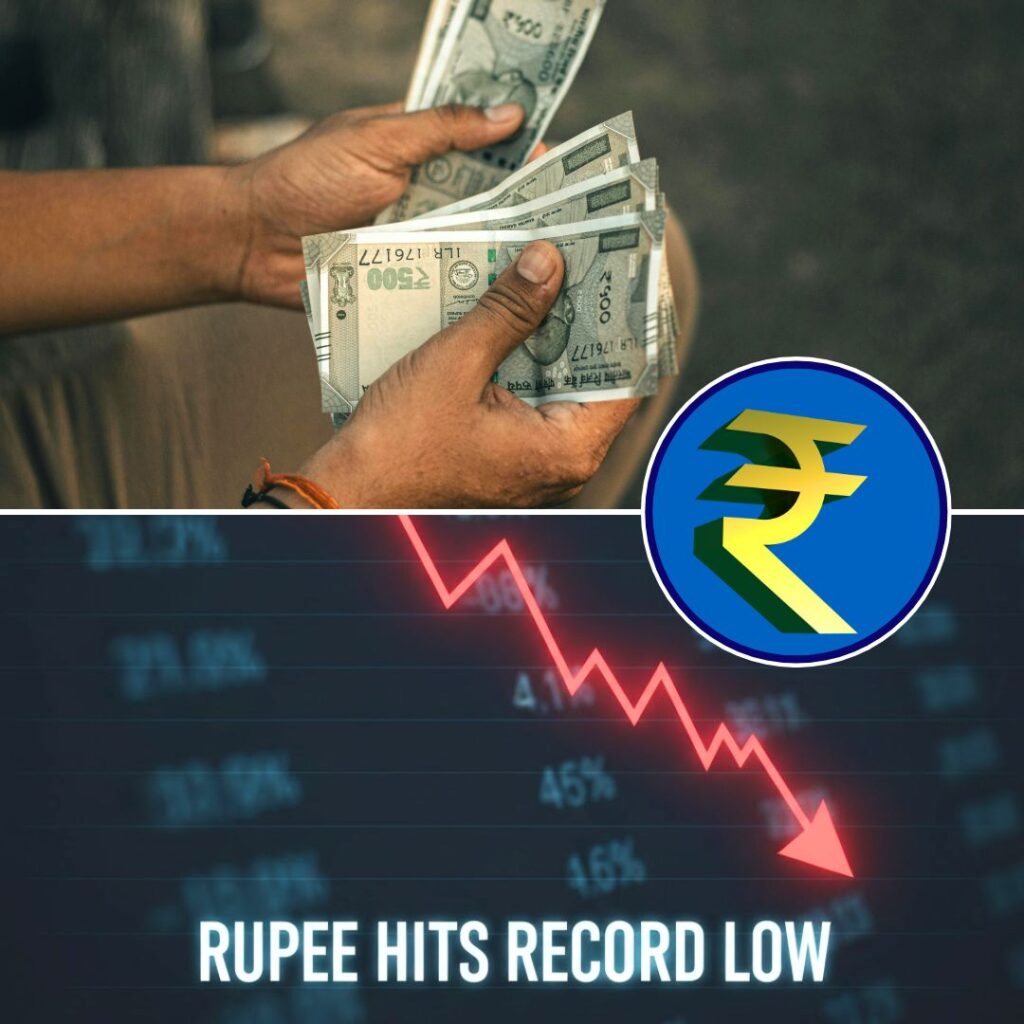As a managing consultant, Prodyut Bora knew his opinions and ideas would change the functioning of companies. With that thought in mind, he joined the Bharatiya Janata Party with the hope of changing the country for the better. In 2007, under the tutelage of Mr Rajnath Singh, Mr Prodyut Bora became the founder of the BJP IT cell. Eleven years down the line, he is in complete awe and shock of the monster that the IT cell has become. Bora, now an entrepreneur in clean air technologies with an office in Gurgaon shares with The Logical Indian his experience of being in the Bharatiya Janata Party and his reason for leaving the party in 2015.
You were a member, and then the founder of the BJP IT cell. Why did you join BJP? It’s all because of Atal Ji. I am a fan of Atal Bihari Vajpayee. I think he is a person who deserves to come back to power again. What kind of influence did Atal Bihari Vajpayee have on you? What inspires you most about him? I like him because of his broad-mindedness, his liberal nature. He is a man who led a 23 party coalition. That had the likes of Farooq Abdullah, that had the likes of Mamata Banerjee, Jayalalitha. Now the fact that a man can bring together so many discarded political forces, it says something about the man. His defence Minister was George Fernandes, his President was APJ Abdul Kalam. So his broad-mindedness and liberal outlook are what attracted me. You started the BJP IT cell when the craze about Facebook and Twitter was not as much as it is now. So what was your basic expectation from it? The expectations were three-fold. The first expectation was to automate the party, you know internal automation. The second one was to reach to voters and the third was to inform the party on IT policy matters. Right now the BJP IT cell is all about promoting Hinduism and running smear campaigns against anyone who does not agree with their ideology. What was it like when you first started it? Well, I think it was the age of innocence. And I think we all thought that social media needed democratisation of news consumption. Because you know, from time to time, media was controlled by big business. So, the problems of social media or digital technology allow anybody to be news publishers. Before getting to an Op-Ed page was so tough, now you have blogs and posts. You can write your own opinion on Facebook page. It was the beginning of the democratisation of media consumption. We thought that at that age we were right. We were all innocent. We know how an IT cell works. Right now it is a legitimate job to be working with the BJP IT cell. What do you have to say? See, you know, when I joined the BJP, I thought that was the time of the age of innocence. Politics is somewhat considered as a “seva”. It was not a job or a profession but a vocation. There is quite a lot of difference between vocation and profession. Now with all of the changes… we have seen the transformation of political research from being a vocation to being a profession. And now, as the saying goes, ”All is fair in love and war”, politics is taking the same route. For example, cricket in the 1970s and 1980s was a gentleman’s game, but the T20 match is more like a spectacle. Now, the sport has transformed from a gentleman’s game into a spectacle and I think politics is undergoing a similar transformation. When do you think the transformation happened from innocence to culpability in case of politics? I think the starting point would be the Lok Sabha elections of 2014… misinformation, fake news, character assassination… as far as I can recall, I think that was the starting point. In your resignation letter, you said that Amit Shah has an individualised style of decision-making. You also said, following him, many junior Amit Shahs were born. Can you elaborate on that? Any organisation, whether a political organisation, a business organisation, an NGO, or a religious organisation, everybody follows the style of its leader. So, you have a leader who believes in collaboration and consensual decision-making, then that becomes the culture of the organisation. Similarly, in this case, the leadership has changed because some are very centralised and individualistic in the party and culture has trickled down in this organisation. Who do you think had more power in decision-making, Mr Amit Shah or Mr Narendra Modi? Well, one is in the government, one is at the party, but both of them are prominent and they both have different kinds of work and they work collaboratively. Also, in your resignation letter, you mentioned that Modi did not adhere to the promise of sending back sending back Bangladeshi immigrants from Assam? One of the campaign promises of BJP in Assam was that after 16 May 2014, Bangladeshi immigrants were to be sent back. This promise won Assam because of the Assam agitation that started in 1979. From 1979 to 1984, in the span of five years, the…











